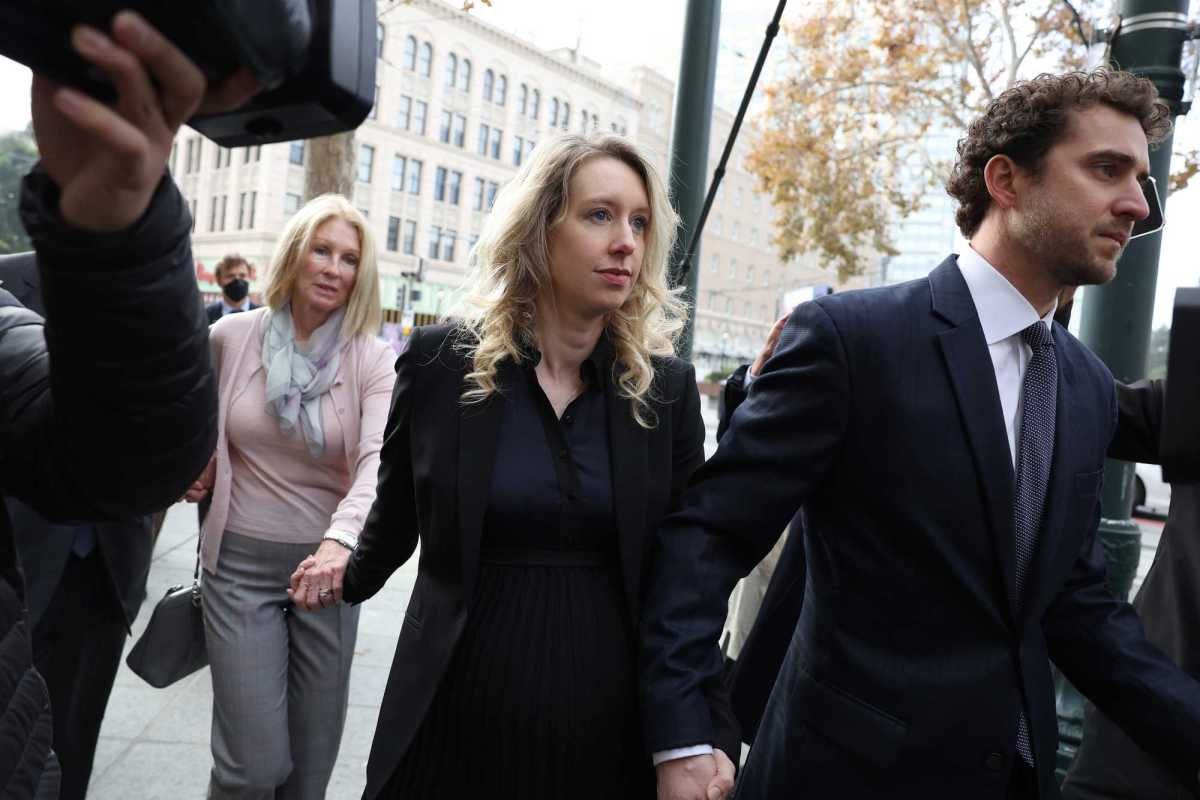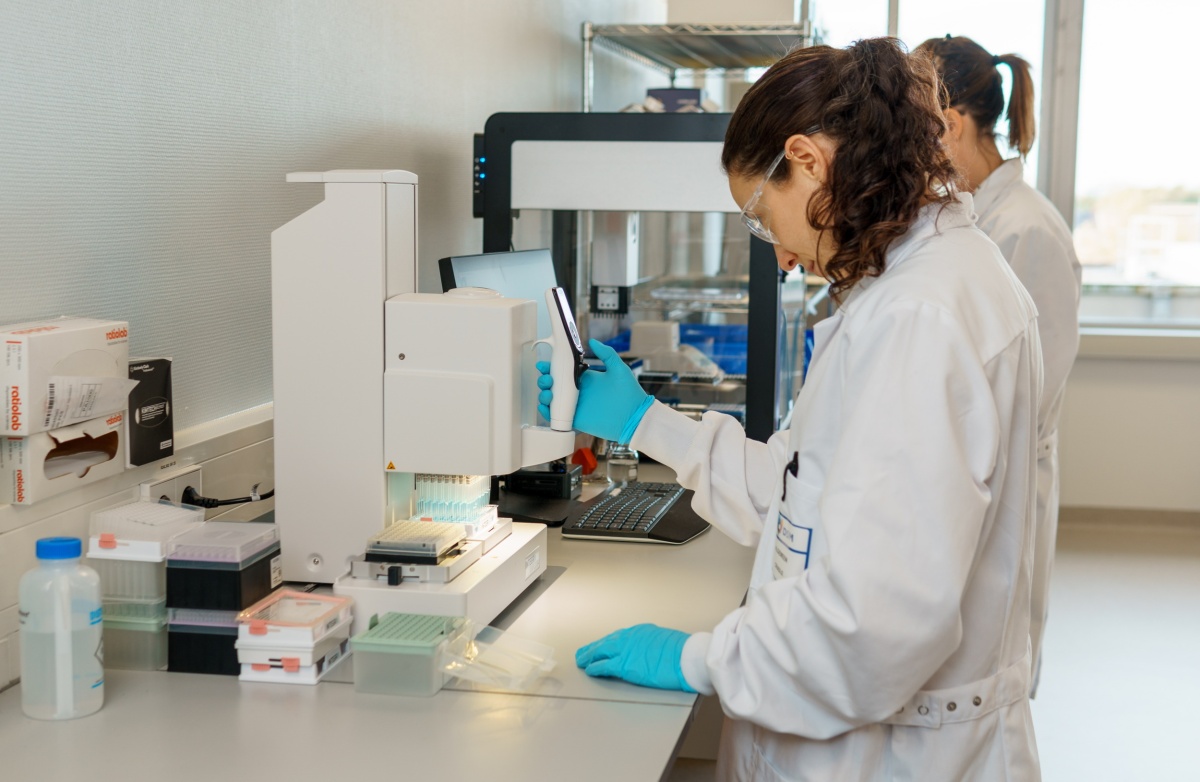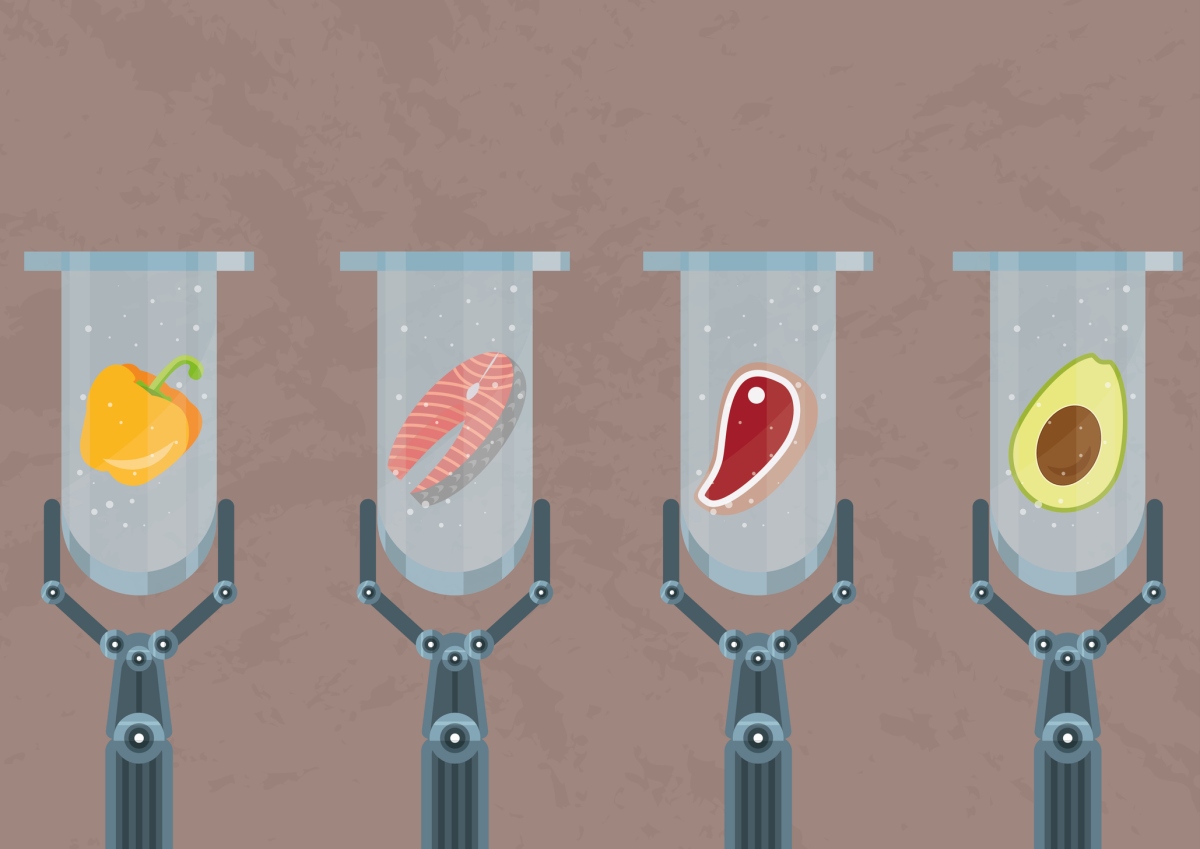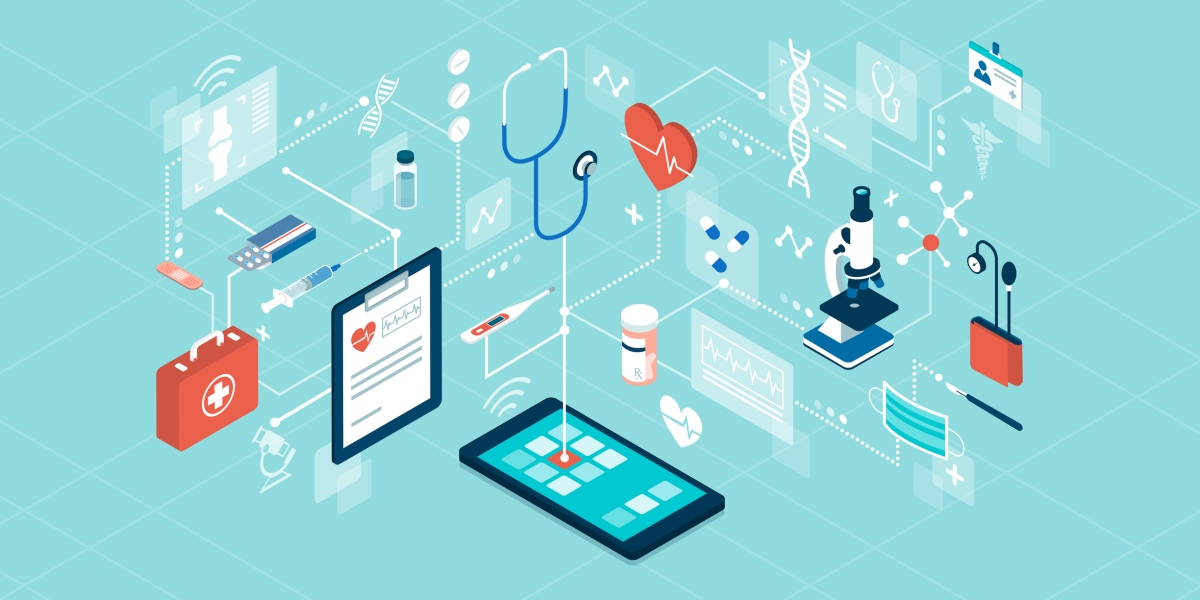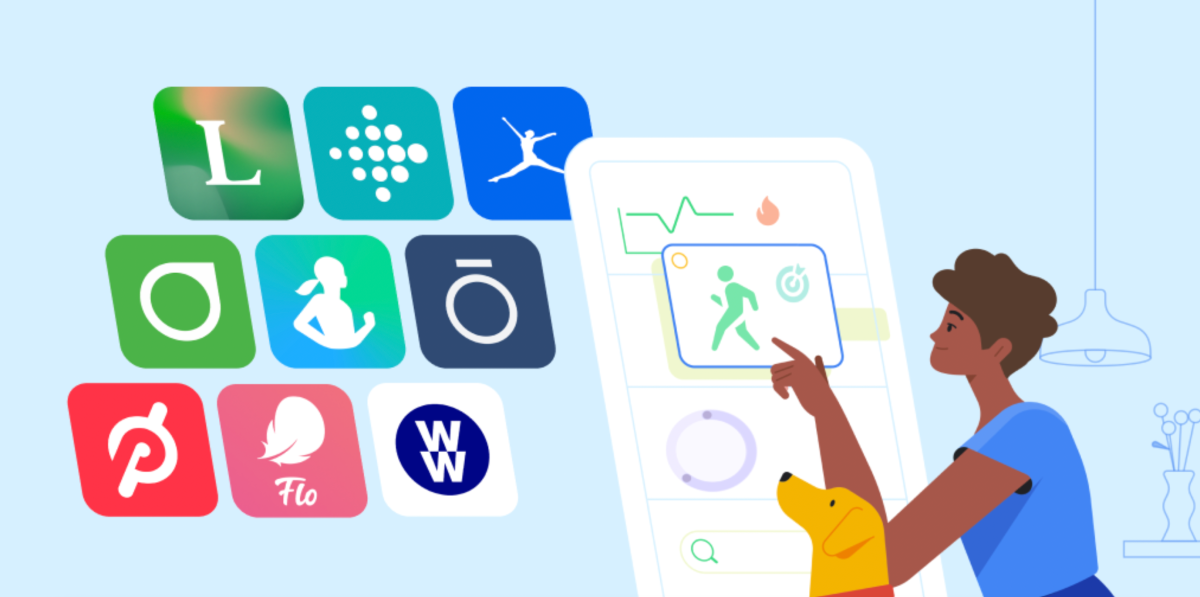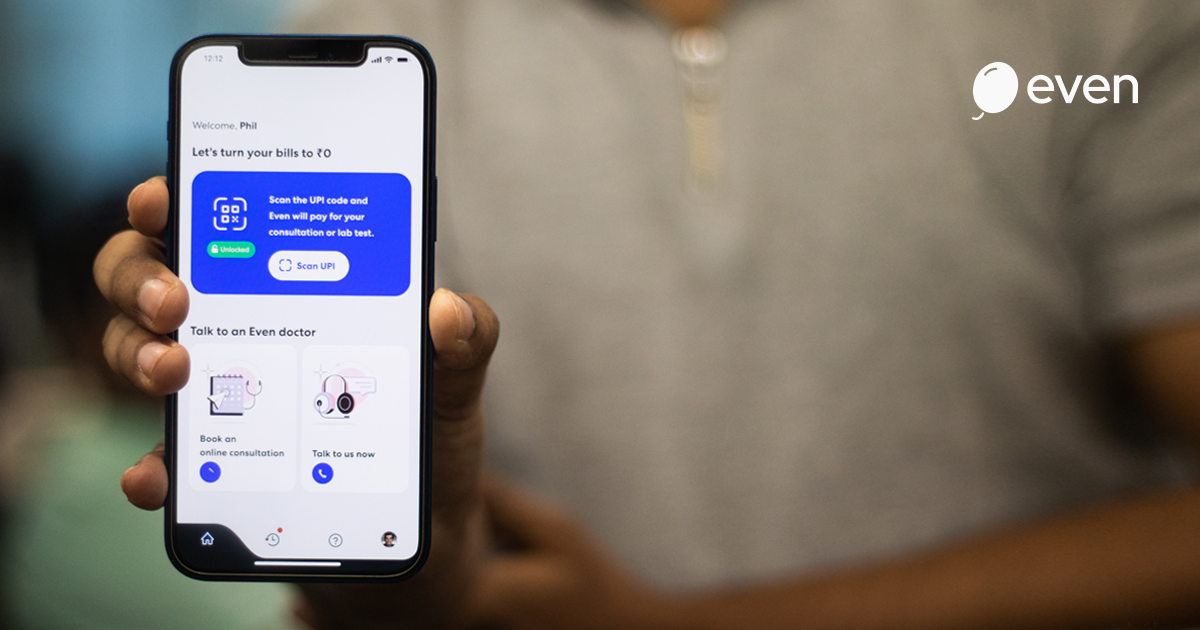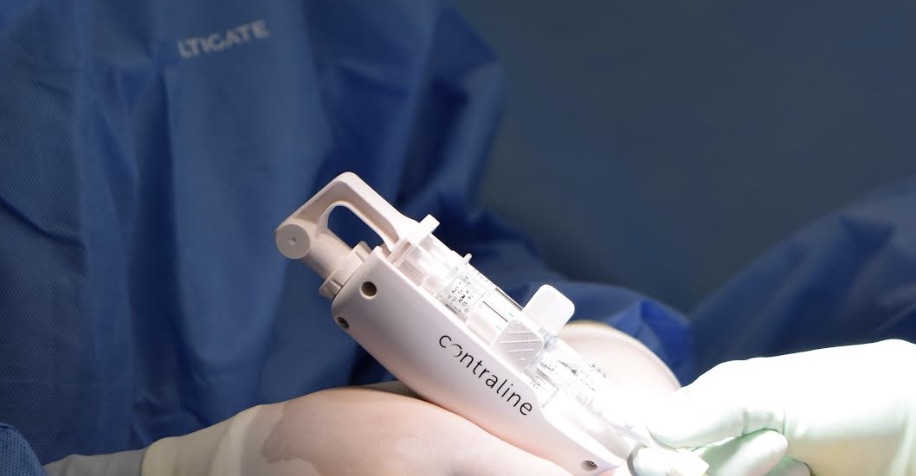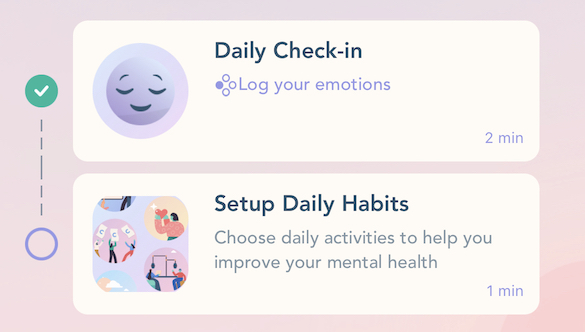Elizabeth Holmes sentenced to 11 years in prison for Theranos fraud • ZebethMedia
Ten months after she was found guilty of fraud, the former youngest self-made female billionaire Elizabeth Holmes was sentenced to 11.25 years in prison, plus three years of supervised release. At her trial, she was found guilty on four of 11 counts related to defrauding investors, but she was not found guilty of defrauding patients. The former founder and CEO of Theranos, Holmes could have faced up to 20 years in prison for each of the four counts. By comparison, former pharmaceutical executive Martin Shkreli was sentenced to seven years in prison for securities fraud, but was released after a bit more than four years. At the courthouse in San Jose, both sides of United States vs. Elizabeth Holmes presented their cases regarding whether Judge Edward Davila can consider Holmes’ “reckless disregard” of patients in sentencing. Davila rejected that proposal, since at the original trial, Holmes was only found guilty of defrauding investors. Regardless, it took over four hours before Holmes’ sentence was decided. Alex Schultz, father of whistleblower Tyler Schultz, spoke to the court, recounting how his son slept with a knife under his pillow when he suspected he was being followed by Theranos’ private investigators. Alex Schultz says Holmes hired an investigator to follow his son Tyler Schultz and he slept with a knife under his pillow b/c he thought someone was going to kill him. “My family home was desecrated by Elizabeth and the lawyers,” he says. — Dorothy Atkins (@doratki) November 18, 2022 Then, Holmes herself spoke. “I regret my failings with every cell of my body,” she said. That was when Judge Davila delivered his decision. Holmes is expected to report to prison in April. Currently, she is pregnant with her second child. Fraud at Theranos Holmes founded Theranos in 2003 after dropping out of Stanford. She pitched investors and partners on technology that would revolutionize the healthcare system — instead of drawing blood intravenously and waiting days for test results, her technology would prick a tiny bit of blood and instantly conduct dozens of tests on it. Soon she was the CEO of a company with a $10 billion valuation, but it turned out that the technology didn’t work. Theranos has been defunct since 2018, but Holmes’ criminal trial only began last fall after delays due to the pandemic and the birth of her first child. According to a letter from Holmes’ husband in a public court filing, she is now pregnant with a second child. The filing includes 282 pages of other letters from Holmes’ friends, family and business associates, ranging from childhood photos and drawings to notes from high-profile supporters like Senator Cory Booker (D-NJ) and venture capitalist Tim Draper. “Although there is substantial popular outcry against Theranos and Elizabeth, the attitude in much of the venture world is very different,” Draper wrote. “Venture-backed startup companies often announce and deliver products to the market before they are ready.” The former CEO’s sentencing was further delayed because her lawyers tried to request a new trial, arguing that new evidence had come to light after former Theranos lab director Adam Rosendorff visited Holmes at home in an attempt to find closure. Rosendorff, who worked at Theranos between 2013 and 2014, testified for six days last year during Holmes’ four-month trial. With his highly technical knowledge of the inner workings of Theranos’ labs, Rosendorff’s testimony was key to the trial. In court, he said that Holmes knew that Theranos’ technology produced inaccurate blood test results, yet she pushed for it to be used on patients anyway. After repeatedly raising his concerns about the faulty technology, he ultimately quit Theranos. Holmes’ lawyers alleged that when Rosendorff visited her home this summer, he expressed guilt that he made Theranos seem worse than it was in court. But Judge Edward Davila did not find merit to these allegations. Rosendorff affirmed once again that last year’s testimony was accurate. The former lab director clarified that he felt sorry for Holmes’ child, who will grow up without a mother if she is sent to prison, but not for Holmes herself. Holmes’ former boyfriend and Theranos COO, Ramesh “Sunny” Balwani awaits sentencing. He was convicted on twelve out of twelve counts in his own trial, where the jury found him guilty of defrauding both patients and investors.
